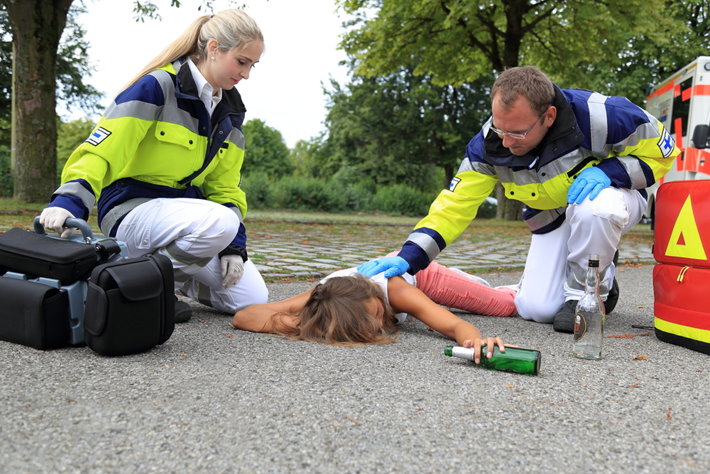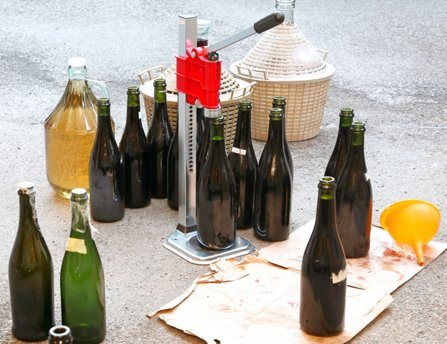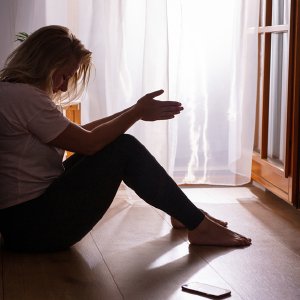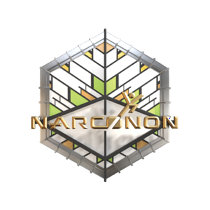Tainted Alcohol—One More Reason Not to Drink While on Vacation

Vacations should be a time away from work, a time to relax and enjoy life. Unfortunately for many of us that includes drinking. While there certainly is a level of drinking that's socially acceptable, there is no amount of drinking that comes without risk. If your idea of “acceptable” is more than an occasional glass of wine or beer with dinner, vacation may not be the best time to be drinking your favorite “adult” beverage.
As it turns out, a pretty disturbing news story in USA Today is causing a lot of people to rethink copious alcohol consumption while on vacation. The article talked about a case out of Costa Rica, in which “tainted” batches of alcohol caused 25 deaths and more than two-dozen non-fatal poisoning incidents.
What Happened in Costa Rica?
According to the Ministry of Health of Costa Rica, 59 people have been hospitalized recently in an ongoing poisoning case. Tainted batches of alcohol poisoned these patients. So far, 25 of the 59 patients have died.
The Ministry of Health also reported that it not only closed ten establishments shortly following the hospitalizations, but that it seized more than 55,000 containers of alcohol. This alcohol was said to be laced with methanol, a colorless but highly poisonous alcohol found in antifreeze.
Methanol is essentially counterfeit alcohol. When alcohol manufacturers add methanol to distilled beverages, it increases the volume of sellable liquid, as well as liquid potency. But the substance is very poisonous—even fatal if consumed in large enough quantities.
According to Thalia Guest, a representative for the Costa Rica Tourism Board, “The Costa Rica Tourism Institute reaffirms that no tourists have been affected by adulterated alcohol in Costa Rica, and that visitor safety is priority. The local authorities continue to monitor the situation and work to understand and remain transparent about the investigation.”
What Is Tainted Alcohol?

“Tainted alcohol” is a pretty broad term. It can refer to any unregulated beverage that has fraudulent additives mixed into it to give it alcohol-similar properties. Some examples of tainted alcohol could include:
- Any beverage with methanol or ethanol (both of which are toxic) added to it.
- Contraband alcohol smuggled across borders.
- Alcohol made at home (which might not necessarily be dangerous but is still made in an unregulated fashion).
- Alcohol made by companies that do not conform to manufacturing, bottling, or labeling standards.
In a nutshell, tainted alcohol refers to alcohol made in an unsafe, unregulated, dangerous way. Similar to selling rotten meat, past-expiration dairy, mold-covered foodstuffs, etc., selling tainted alcohol is dangerous, potentially fatal, and very illegal.
How Tourists Can Play It Safe
Incidences of tainted alcohol in the U.S. are very rare. Such occurrences do crop up from time to time, but those happenings are usually the result of home-made alcohol concocted by someone who accidentally made a toxic batch.
As for international incidences, USA Today cites the International Alliance for Responsible Drinking in reporting that at least 25 foreign nations have publicized incidents of tainted alcohol, causing severe bodily harm and even death. In Costa Rica, illicit (unregulated) alcohol makes up 19 percent of total alcohol sales. Mexico’s illicit alcohol market makes up 34 percent of all alcohol sales. About 29 percent of all alcohol sales in the Dominican Republic are from illegal alcohol.
In light of the surge of deaths in Costa Rica, countries with illicit alcohol sales will likely crackdown on such clandestine activities. But in the meantime, what can travelers do to ensure they do not expose themselves to tainted alcohol?
- The most obvious way to avoid tainted alcohol is to completely avoid alcohol while traveling. (More on that later).
And for those who feel they must drink:
- USA Today advises tourists to avoid “bargain bin” liquor. That means avoiding “too good to be true” prices and off-brand labels that tourists don’t recognize. If the price tag on an alcohol bottle sounds too good to be true, the alcohol is probably counterfeit. Therefore, there is no way of knowing what is in it.
- Another wise practice is to examine labels and packaging carefully. One should watch out for poor-quality labeling, spelling mistakes, tampered bottles, etc.
- Though it might sound like common knowledge, one should always avoid home-brew alcohol. Regulated alcohol is held up to stringent safety protocols in brewing, packaging, and distribution. Home-brew alcohol is not, and there is always some degree of risk present in consuming such brews.
Reasons Not to Drink While on Vacation
Because 25 countries made the list for nations that are lax on illicit and unregulated alcohol production, it seems only logical that one might want to curb their alcohol consumption while on vacation.
There are always steps one can take to protect oneself from tainted alcohol. But the only sure way to stay safe is not to drink at all.
And that’s not all that bad of an idea. The best vacations are the ones well-remembered and cherished, not the ones spent in a drunken stupor. Furthermore, one avoids other hardships and risks by not drinking while on vacation. Staying sober means always having one's wits clear. That helps prevent harmful scenarios like muggings, violence, abduction, etc.
Staying sober while on vacation also means saving money for other activities. Alcohol is often far more expensive when traveling. Why spend one’s daily budget on drunken shenanigans when one could spend that money on a once in a lifetime experience that, most importantly, will be remembered for a lifetime?
Not everyone is going to stay 100% sober and dry while on vacation. But it’s something to think about. Not only is it a safe, healthy, and economical thing to do, but it might very well lead to a better vacation. And isn’t that what we’re shooting for? A really great, healthy, and safe vacation? As it turns out, a step towards achieving that just might lie in committing to an alcohol-free trip.
Sources:
- https://www.usatoday.com/story/travel/news/2019/08/19/costa-rica-tainted-alcohol-deaths-what-you-need-know/2049172001/
- https://www.iard.org/
Reviewed by Claire Pinelli, ICAADC, CCS, LADC, RAS, MCAP


